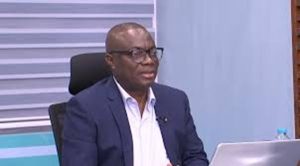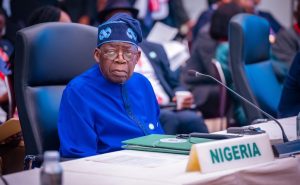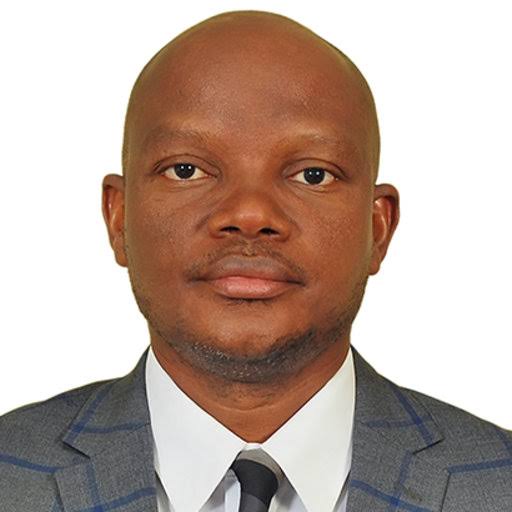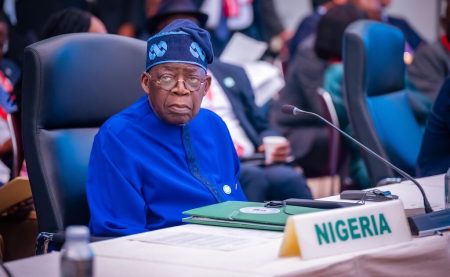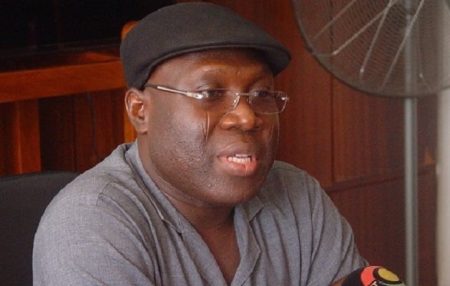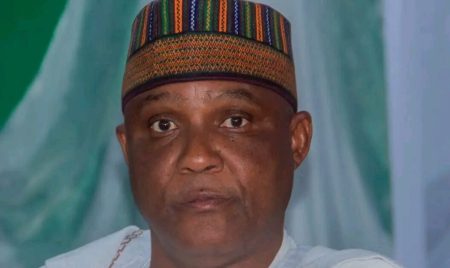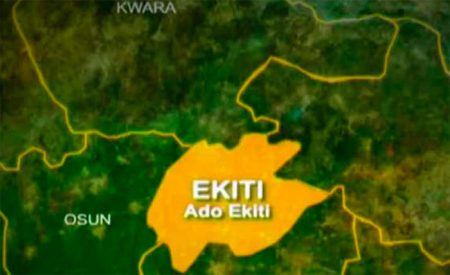A New Era for ASUU: Continuing the Fight for University Autonomy and Academic Freedom
The Academic Staff Union of Universities (ASUU) in Nigeria has consistently championed the cause of improved working conditions for university lecturers, academic freedom, and the autonomy of universities. With the recent change in leadership, the new president, Professor Christopher Piwuna, has reaffirmed the union’s commitment to these core demands. During a reception honoring his predecessor, Professor Emmanuel Osodeke, Piwuna emphasized the importance of these issues, not just for ASUU members, but for the entire Nigerian educational system. He acknowledged the role of strikes as a last resort, a tool to be employed only when negotiations with the government fail to yield positive results. This statement underscores the union’s willingness to engage in constructive dialogue while simultaneously reserving the right to take stronger action if necessary.
The backdrop of this leadership transition is President Bola Tinubu’s campaign promise to end ASUU strikes. His administration has initiated meetings with ASUU leadership, signaling a potential shift in the government’s approach to the union’s concerns. Piwuna’s remarks indicate that ASUU is cautiously optimistic about these developments, hoping that meaningful progress can be achieved without resorting to industrial action. The new president’s stance suggests a continuation of the union’s established principles while also expressing a desire for a more collaborative relationship with the government.
Professor Osodeke’s tenure as ASUU president was marked by significant challenges, particularly the strained relationship with the previous administration, represented by former President Muhammadu Buhari and former Labour Minister, Chris Ngige. Osodeke highlighted the difficulties posed by Ngige’s approach, suggesting that it created unnecessary obstacles in the union’s efforts to improve the education system. He emphasized ASUU’s resilience in the face of these challenges, crediting the union with preventing the collapse of public universities, a fate that befell other public institutions like Nigerian Airways and the Nigerian refineries. Osodeke’s reflections underscore the pivotal role ASUU has played in advocating for higher education in Nigeria.
The “Japa” phenomenon, the exodus of Nigerian academics to other countries, was another key issue raised by Osodeke. He attributed this brain drain to the poor treatment of university lecturers within Nigeria, a recurring theme in ASUU’s advocacy. This exodus represents a significant loss to the Nigerian education system and highlights the urgency of addressing ASUU’s concerns. Despite the challenges, Osodeke maintained that public universities in Nigeria still offer a superior education compared to private institutions, a point supported by the fact that the vast majority of university students in Nigeria are enrolled in public universities.
The reception for Osodeke, hosted by the Michael Okpara University of Agriculture, Umudike (MOUAU) chapter of ASUU, served as a platform to acknowledge his contributions and to express solidarity with the union’s ongoing mission. The event highlighted the collaborative spirit within the MOUAU community, with representatives from the university management expressing support for ASUU’s efforts. The presence of prominent figures like the Pro-Chancellor and Chairman of the Governing Council of MOUAU, representing President Tinubu, and a former ASUU National President further emphasized the significance of the occasion.
Looking ahead, the challenges facing Nigerian universities remain substantial. Funding remains a critical issue, impacting infrastructure, research capabilities, and the overall quality of education. The brain drain continues to deplete the ranks of experienced academics, further exacerbating these challenges. ASUU, under its new leadership, will need to navigate these complex issues, engaging with the government to find sustainable solutions. The union’s commitment to dialogue, coupled with its willingness to utilize its collective bargaining power, will be crucial in shaping the future of higher education in Nigeria. The hope is that the new administration will prioritize education and work collaboratively with ASUU to create a more conducive environment for both lecturers and students. The future of Nigeria’s universities hinges on the success of these efforts.



